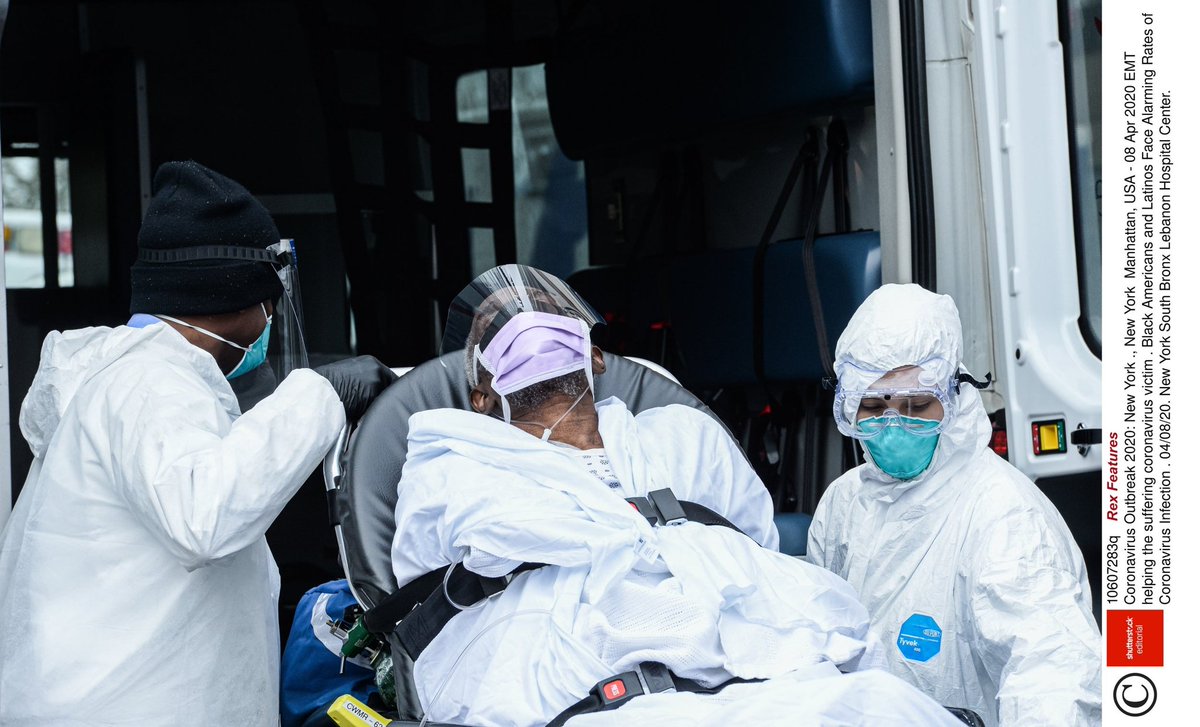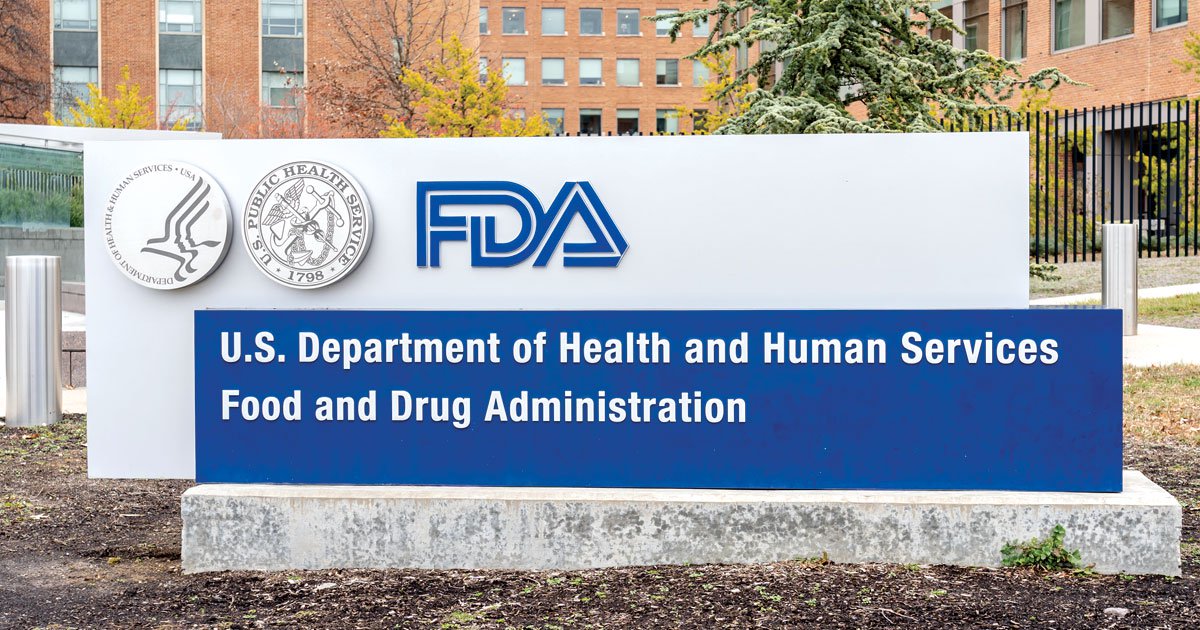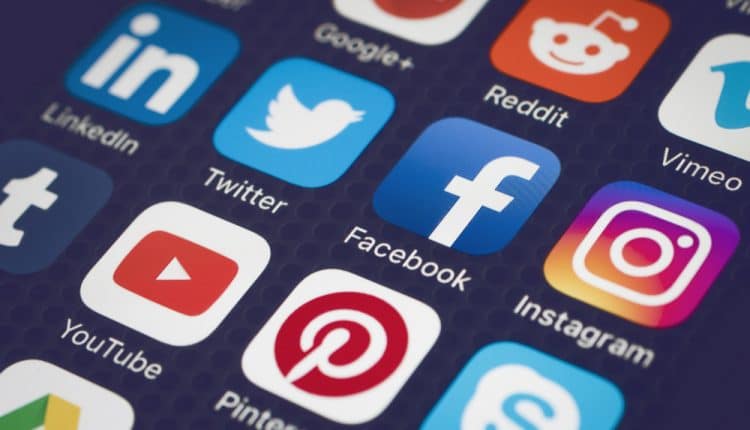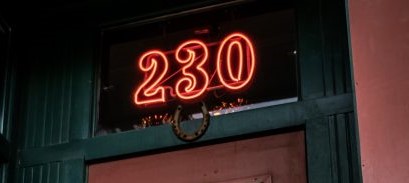
The year 2020 has been dominated by the novel coronavirus, the disease that first broke out in Wuhan, China and spread worldwide sickening more than 69.5M and taking at least 1.5M lives.
Let's take a look at this pandemic's timline thus far in the United States:
#COVID19 #USA
Let's take a look at this pandemic's timline thus far in the United States:
#COVID19 #USA

On Jan. 7, Chinese authorities confirmed that they have identified the virus as a novel coronavirus, initially named 2019-nCoV by WHO.
On Jan. 20, 3 cases were reported in Thailand & Japan, causing the CDC to begin screenings at JFK, San Francisco, & L.A. international airports.
On Jan. 20, 3 cases were reported in Thailand & Japan, causing the CDC to begin screenings at JFK, San Francisco, & L.A. international airports.

On Jan. 20, Dr. Fauci announced National Institutes of Health already started working on a vaccine.
The first case of COVID-19 in the U.S. was reported on Jan. 21 in Washington state, a man in his 30s showed symptoms after he returned from a trip to Wuhan, China.
#COVID19
The first case of COVID-19 in the U.S. was reported on Jan. 21 in Washington state, a man in his 30s showed symptoms after he returned from a trip to Wuhan, China.
#COVID19

On Jan. 21, the CDC activated its emergency operations center to enhance support for the coronavirus response.
On Jan. 29, the U.S. announced a White House Coronavirus Taskforce, and evacuated 195 State Department employees from Wuhan along with their families & other citizens.
On Jan. 29, the U.S. announced a White House Coronavirus Taskforce, and evacuated 195 State Department employees from Wuhan along with their families & other citizens.

On Jan. 30, WHO declared a Public Health Emergency of International Concern (PHEIC).
On the same day, the U.S. confirmed the first case of person-to-person transmission in Chicago, a resident in his 60s who got it from his wife after she returned from Wuhan, China.
#COVID19
On the same day, the U.S. confirmed the first case of person-to-person transmission in Chicago, a resident in his 60s who got it from his wife after she returned from Wuhan, China.
#COVID19

On Jan. 31, President Trump restricted travel from China, denying entry by any foreign nationals who had traveled to China in the past 2 weeks, excluding the immediate family members of American citizens or permanent residents.
#COVID19
#COVID19

On Feb. 3, the Trump administration declared a public health emergency.
Three days later, the first death due to the virus in the U.S. happened, a resident in California died of coronavirus. Even though his COVID-19 diagnosis was not made until later on April 21.
#COVID19
Three days later, the first death due to the virus in the U.S. happened, a resident in California died of coronavirus. Even though his COVID-19 diagnosis was not made until later on April 21.
#COVID19

On Feb. 8, the U.S. embassy in Beijing declared a 60-year-old U.S. national died from the coronavirus in Wuhan on Feb. 6.
On Feb. 11, WHO declared an official name for the disease caused by the coronavirus, COVID-19, which stands for coronavirus disease 2019.
#COVID19
On Feb. 11, WHO declared an official name for the disease caused by the coronavirus, COVID-19, which stands for coronavirus disease 2019.
#COVID19

On Feb. 17, another COVID-19 death occured in California, but the link was not made until later on April 21.
On Feb 25, the NIH declared the clinical trials of the antiviral drug remdesivir in adults diagnosed with the virus began at the University of Nebraska Medical Center.
On Feb 25, the NIH declared the clinical trials of the antiviral drug remdesivir in adults diagnosed with the virus began at the University of Nebraska Medical Center.

On Feb. 29, US authorities announced that a COVID-19 patient died near Seattle, which was then believed to be the first death.
On March 13, President Trump officially declared a national emergency and said he was making $50 billion in federal funds available to battle the virus.
On March 13, President Trump officially declared a national emergency and said he was making $50 billion in federal funds available to battle the virus.

On March 6, 21 Passengers of 46 tested on a California Cruise ship turned out to be positive for COVID-19, 19 of them being cruise members.
The cruise ship was carrying more than 3500 people off the California coast.
#COVID19
The cruise ship was carrying more than 3500 people off the California coast.
#COVID19

On March 18, President Trump signed a coronavirus relief package into law, that included free COVID-19 testing and paid emergency leave.
On March 25, the White House and Senate leaders agreed on $2 trillion stimulus deal to offset the economic damage of coronavirus.
#COVID19
On March 25, the White House and Senate leaders agreed on $2 trillion stimulus deal to offset the economic damage of coronavirus.
#COVID19

The US became the world's hardest-hit country with at least 81,300 confirmed cases and over 1000 deaths on March 26.
On March 30, Maryland, Virginia, & Washington issued orders requesting people stay at home, following other states that previously put strict measures in place.
On March 30, Maryland, Virginia, & Washington issued orders requesting people stay at home, following other states that previously put strict measures in place.

On March 30, the FDA authorized emergency use (EUA) for "hydroxychloroquine" to be donated to the Strategic National Stockpile and donated to hospitals to treat COVID-19 patients.
The EUA was later rescinded on June 15, due to reports of heart rhythm problems in some patients.
The EUA was later rescinded on June 15, due to reports of heart rhythm problems in some patients.

On April 29, the NIH trial data, showed that remdesivir, made by Gilead Sciences, is better than placebo in treating COVID-19.
On April 30, American Airlines and Delta Air Lines said that all passengers and flight attendants would be required to wear face coverings.
#COVID19
On April 30, American Airlines and Delta Air Lines said that all passengers and flight attendants would be required to wear face coverings.
#COVID19

On May 1, the US Food and Drug Administration issued an emergency-use authorization for remdesivir in hospitalized patients with severe Covid-19.
On May 11, the Trump administration announced it was sending $11 billion to states to expand the coronavirus testing capabilities.
On May 11, the Trump administration announced it was sending $11 billion to states to expand the coronavirus testing capabilities.

On May 21, the Trump
administration announced that it started a collaboration with AstraZeneca to speed the development of a COVID-19 vaccine called AZD1222. The HHS then said that the first doses would be available by October 2020.
#COVID19 #AstraZeneca
administration announced that it started a collaboration with AstraZeneca to speed the development of a COVID-19 vaccine called AZD1222. The HHS then said that the first doses would be available by October 2020.
#COVID19 #AstraZeneca

On May 27, 4 months after the first coronavirus-related death happened, data from the John Hopkins University reported that 100,000 people died of COVID-19 across the US, meaning an average of almost 900 people died each day.
On June 11, the U.S. passed 2 million cases.
#COVID19
On June 11, the U.S. passed 2 million cases.
#COVID19

On July 6, the U.S. had reported more than 3 million cases and 130,000 deaths.
On July 7, the Trump administration formally notified the U.N. that the U.S. is withdrawing from WHO, which will go into effect on July 6, 2021. This would cut WHO'S biggest source of aid.
#COVID19
On July 7, the Trump administration formally notified the U.N. that the U.S. is withdrawing from WHO, which will go into effect on July 6, 2021. This would cut WHO'S biggest source of aid.
#COVID19

On July 10, the United States set a new record for the seventh time in 11 days with 68,000 news cases in a single day. The growth rate was alarming South and West of the country.
#COVID19 #USA
#COVID19 #USA

By July 13, an estimated number of 5.4 million Americans lost their health insurance, due to the job losses caused by the coronavirus pandemic.
#COVID19 #USA
#COVID19 #USA

On July 22, Department of Health and Human Services (HHS) and the Department of Defense (DOD) struck a deal with biotech giants Pfizer an its partner BioNTech for a December delivery of 100 million doses of their COVID-19 vaccine candidate, BNT162
#COVID19 #Pfizer #BioNTech
#COVID19 #Pfizer #BioNTech

On July 27, a vaccine being developed by the Vaccine Research Center at the National Institutes of Health in partnership with the biotech company Moderna, entered phase 3 of trial testing.
#COVID19 #Moderna
#COVID19 #Moderna

On August 13, Joe Biden, still a presidential nominee, called on all governors to require their citizens to wear masks anytime they go out in public through November, and said he will mandate the practice if elected. At that point, there were 165,000 reported deaths.
#COVID19
#COVID19

On August 23, the FDA issued an emergency use authorization for the use of convalescent plasma to treat COVID-19. Which is made using the blood of people who have recovered from coronavirus infections.
#COVID19 #FDA #USA
#COVID19 #FDA #USA

On August 28, the first reinfection case of COVID-19 was reported in the U.S. A 25-year-old from Nevada who recovered from a mild case in April, got infected again with the virus in May.
#COVID19 #USA
#COVID19 #USA

On September 8, AstraZeneca halted its experimental COVID-19 vaccine trials for a safety data review, due to an unknown adverse reaction in a patient.
The NIH launched an investigation into the incident on September 14.
#COVID19 #AstraZeneca #USA
The NIH launched an investigation into the incident on September 14.
#COVID19 #AstraZeneca #USA

On September 29, Regenron announced that its experimental antibody treatment for COVID-19, REGEN-COV2, showed positive results. It reduced viral load and led to quick recovery in recipients.
#COVID19 #Regeneron
#COVID19 #Regeneron

On October 2, President Trump announced that he and First Lady Melania Trump, had tested positive for the coronavirus.
Trump then spent three nights at Walter Reed National Millitary Medical Center where he received treatment before returning to the White House.
#COVID19
Trump then spent three nights at Walter Reed National Millitary Medical Center where he received treatment before returning to the White House.
#COVID19

On October 9, the Trump administration signed a $486 million deal with AstraZeneca to develop an antibody treatment for COVID-19.
#COVID19 #AstraZeneca #DonaldTrump #USA
#COVID19 #AstraZeneca #DonaldTrump #USA

On October 12, Johnson & Johnson announced that it had halted the clinical trials of its experimental coronavirus vaccine, due to an unexplained illness in one of the volunteers.
#COVID19
#COVID19

On October 16, the U.S. surpassed 8 million confirmed coronavirus cases.
And later on October 30, the U.S. surpassed 9 million confirmed coronavirus cases.
#COVID19 #USA
And later on October 30, the U.S. surpassed 9 million confirmed coronavirus cases.
#COVID19 #USA

On November 4, the U.S. reached a new record of 100,000 new coronavirus cases in a single-day.
On November 9, Pfizer released trial data for its experimental COVID-19 vaccine, that showed it to be more than 90% effective.
#COVID19 #Pfizer #Pfizervaccine
On November 9, Pfizer released trial data for its experimental COVID-19 vaccine, that showed it to be more than 90% effective.
#COVID19 #Pfizer #Pfizervaccine

On Novmeber 9, the FDA granted emergency use authorization for Eli Lily's antibody treatment for COVID-19.
On November 16, Moderna announced that its experimental COVID-19 vaccine is 94.5% effective.
#COVID19 #FDA #EliLily #Moderna
On November 16, Moderna announced that its experimental COVID-19 vaccine is 94.5% effective.
#COVID19 #FDA #EliLily #Moderna

On November 20, Pfizer and its partner BioNTech submitted an emergency use authorization application for their experimental COVID-19 vaccine to the FDA.
#COVID19 #Pfizer #BioNTech #FDA
#COVID19 #Pfizer #BioNTech #FDA

On November 23, AstraZeneca announced that its COVID-19 vaccine is approximately 90% effective.
On the same day, the FDA granted emergency use authorization to Regenron's antibody treatment, the same treatment that was administered to President Trump back in October.
#COVID19
On the same day, the FDA granted emergency use authorization to Regenron's antibody treatment, the same treatment that was administered to President Trump back in October.
#COVID19

On November 30, Moderna submitted an emergency use authorization application to the FDA for its COVID-19 vaccine, after final results showed it to be 94% effective.
#COVID19 #Moderna #FDA
#COVID19 #Moderna #FDA

On December 3, CDC said shorter quarantine period of 7 days with a negative COVID-19 test and 10 days without a test would work for asymptomatic individuals after virus exposure.
On December 7, the United States surpassed 15 million confirmed coronavirus cases.
#COVID19 #USA
On December 7, the United States surpassed 15 million confirmed coronavirus cases.
#COVID19 #USA

On Friday, December 11, the FDA granted emergency use authorization for Pfizer/BioNTech's COVID-19 vaccine, first for coronavirus vaccine in the U.S.
Thw administration of inoculations is expected to begin withtin a day or two.
#COVID19 #Pfizer #BioNTech #USA
Thw administration of inoculations is expected to begin withtin a day or two.
#COVID19 #Pfizer #BioNTech #USA

Pfizer and its partner BioNTech's COVID-19 vaccine uses a new approach, messenger RNA or mRNA, an innovative approach never been used in any approved disease vaccine.
Moderna's vaccine, which is expected to get authorized by the FDA in a few days, uses the same approach.
#USA
Moderna's vaccine, which is expected to get authorized by the FDA in a few days, uses the same approach.
#USA

Many Americans are optimistic with two highly effective vaccines on the near horizon, while some are concerned about the safety of the new coronavirus vaccine.
What about you? Are you willing to take the COVID-19 vaccine as soon as it's available?
Let's hear your voice!#COVID19
What about you? Are you willing to take the COVID-19 vaccine as soon as it's available?
Let's hear your voice!#COVID19
• • •
Missing some Tweet in this thread? You can try to
force a refresh






